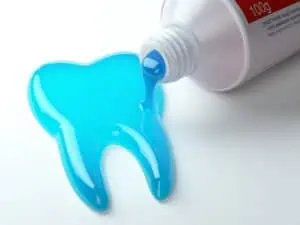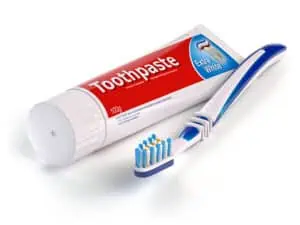Have you ever wondered why some people seem to be more prone to dental problems than others? While oral hygiene habits play a significant role in dental health, genetics also play a part in determining your susceptibility to certain dental conditions. In this blog post, we’ll explore the role of genetics in oral health and how understanding your genetic predispositions can help you better care for your smile.
Several genetic factors can influence your oral health, including the size and shape of your teeth, the strength of your tooth enamel, and your risk of developing conditions like gum disease and tooth decay. For example, some people may inherit genes that make them more susceptible to cavities, while others may have genes that provide greater protection against dental problems.
While you can’t change your genetic makeup, you can take steps to minimize your risk of dental problems and maintain a healthy smile. Practicing good oral hygiene habits, such as brushing and flossing regularly, visiting your dentist for regular checkups and cleanings, and avoiding harmful habits like smoking, can help offset genetic predispositions and promote optimal oral health.
Additionally, understanding your family history of dental conditions can help you and your dentist develop a personalized treatment plan tailored to your unique needs and concerns. By being proactive about your oral health and addressing potential risk factors early on, you can reduce your risk of developing dental problems and enjoy a lifetime of healthy smiles.
At Slim Dental, we’re here to support you in achieving and maintaining optimal oral health, regardless of your genetic predispositions. Our team can provide personalized dental care and guidance to help you care for your smile and address any concerns you may have. With the right approach to dental care, you can overcome genetic challenges and enjoy a beautiful, healthy smile for years to come!




